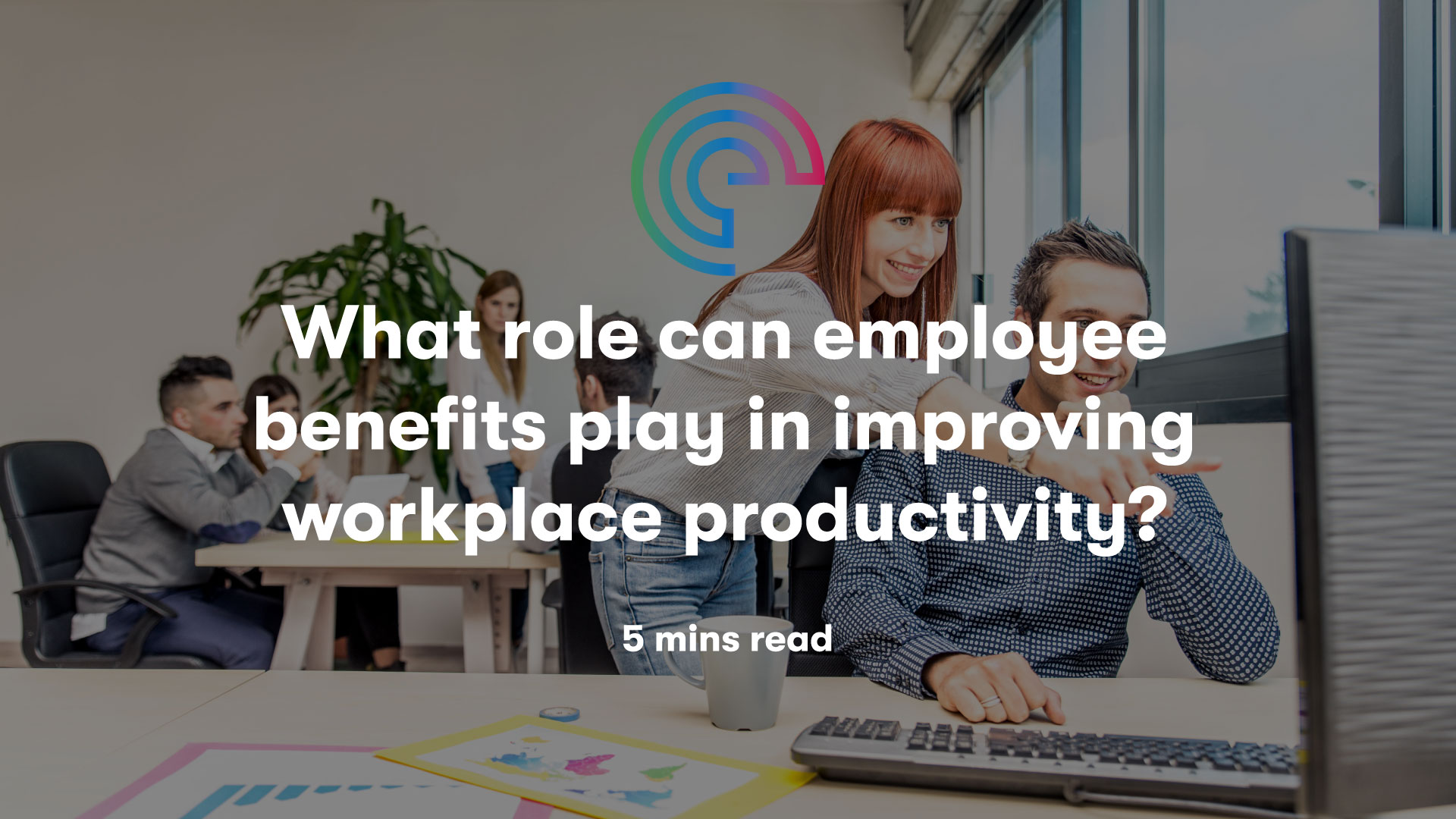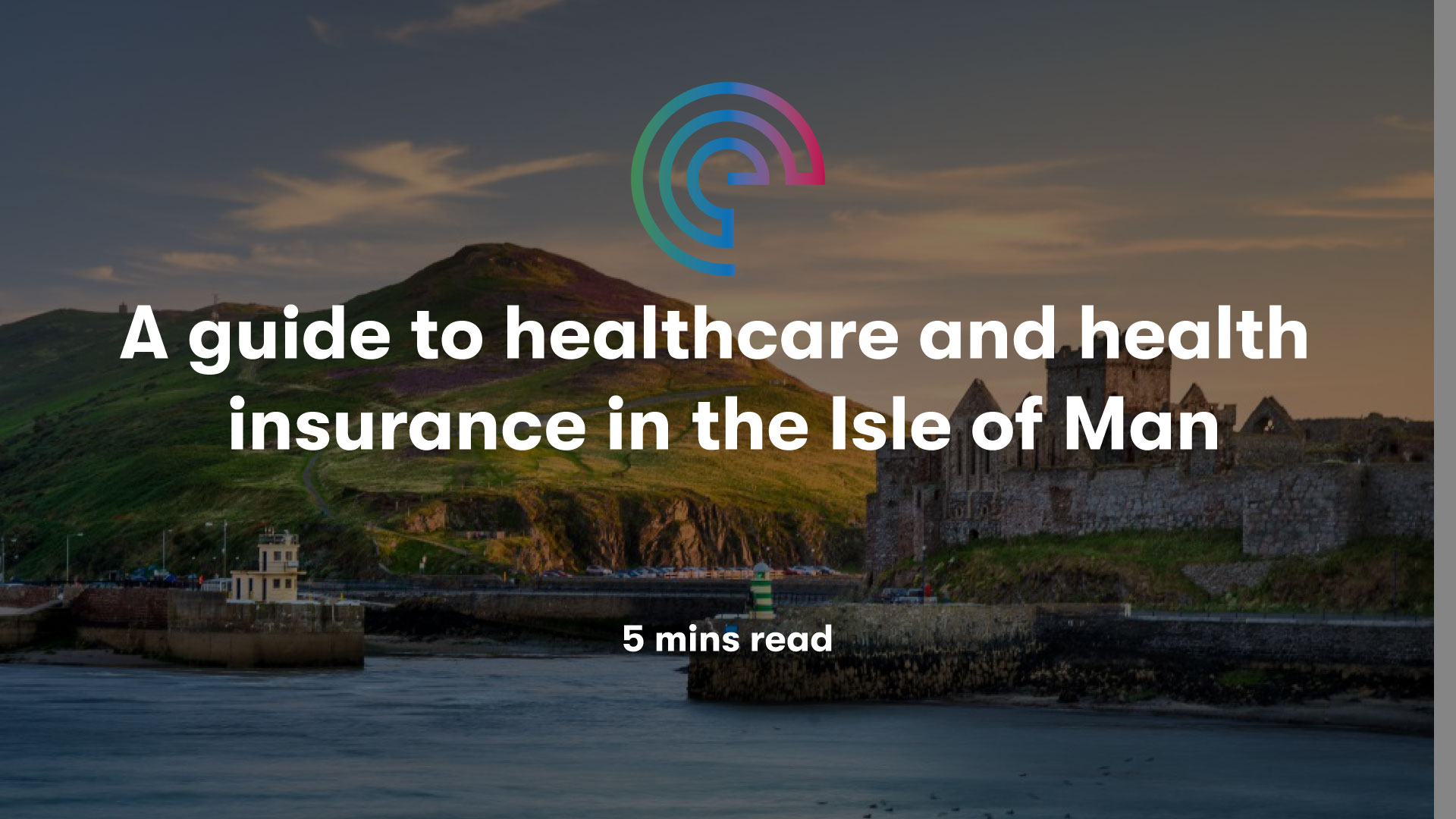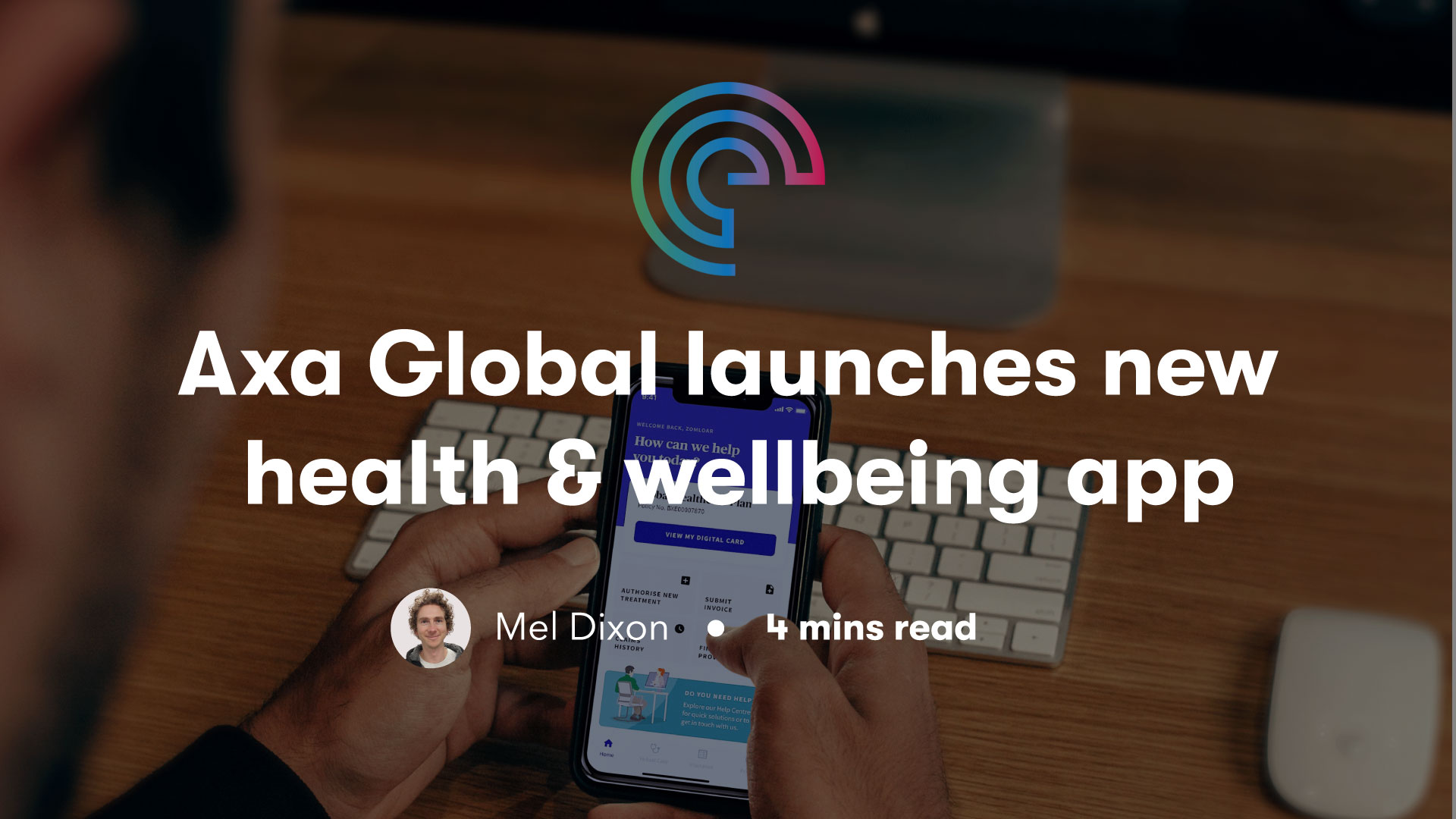Employee health checks getting people back to work
Despite COVID-19 slowly becoming the new normal in our everyday lives, the general climate of demand and strain on the NHS is still high. During the second wave of the pandemic, there was never any fewer than 10,000 COVID patients in the hospital, with more than 3,000 new COVID patients being admitted every day.
So how does this impact general perceptions on health? Particularly in the workplace?
For any organisation to be successful, maintaining the wellbeing and health of employees must be a priority. One strategy that many organisations adopt to develop their wellness strategies is frequent employee health checks for staff, opening and normalising discussion on health and wellbeing. The continued presence of COVID has made this even more important.
Pressure on NHS services has meant a huge increase in those waiting for even just a first appointment. The Department of Health produced figures from April to June 2021 that 348,867 people were on the waiting list for appointments, a rise of 38,946 compared to the previous year. This is an immense amount of people, resulting in inevitable frustration and negativity towards health services. Are these attitudes the same for employee health checks?
As we approach our second autumn of the pandemic, how much is COVID still affecting the approach to employee health at work? Is COVID impacting the level of response for employee health checks? And what else can employers do to help?
What are employee health checks?
Employee health checks are detailed check-ups aimed to provide a clear view of an employee’s health and wellbeing. They help to identify potential health risks, ensuring that members of staff are fit to be in the workforce.
Employee health checks are designed to target individual needs, so there is no one-size-fits-all structure. They can be adapted to suit company size, location, overall wellbeing strategies, and individual needs.
NHS health checks are offered to everyone aged 40-74 in England every 5 years, but companies can develop their own employee health scheme including either a basic health check or full:
- Basic: blood pressure, heart rate, height & weight, body mass index, cholesterol, diabetes hydration percentage, body fat percentage, glucose
- Full (includes the above): urine analysis, full biochemistry profile, liver & kidney function, nutrition, spinal assessment, lung function, breast examination – as a few examples.
Look here to find more on what employers can offer with employee health checks.
Is it a legal obligation or an opportunity for businesses?
Employee health checks are not enforced by law or government standards, leaving the responsibility down to the employer to ensure they are available to their staff. Any type of employee health checks are becoming increasingly popular for companies in the face of the pandemic, with increased emphasis and anxiety around health.
Sally Bedeau, Loch Wellbeing’s Business Manager at Loch Associates added “Whilst there is no legal obligation for employers to offer Health Checks at work some businesses find that this can benefit both the employee and the business. Employees feel looked after, valued and cared for and businesses can use high-level data gathered from health checks to identify if there are any common health issues affecting their workforce that they can help to address through targeted wellbeing initiatives.”
In one of their case studies Loch’s HR Medical Specialists identified that in a cross-site organisation, one location had higher average blood pressure readings than the others. It was identified that the common cause of this was that there were more smokers based at that location. The business, along with advice from their HR Medical Specialists, then supported the employees to either quit or reduce smoking, resulting in an overall improvement in health. It also resulted in reducing sickness absences in the future.
Sally added “With our wellness checks at Loch Wellbeing, individual health information is kept confidential but the business report we prepare is an invaluable insight into the health of the workforce. In this report, our HR Medical Specialists will identify any concerns, highlight areas for improvement and how that can be achieved. By following the HR Medical Specialists’ recommendations businesses can reduce absences, increase productivity and have a healthier and more engaged team.”
How have employee health checks changed since COVID?
To keep up with the ever-changing landscape of the pandemic, every aspect of work and life must also adapt. This also goes for employee health checks. By adapting the regular procedures of monitoring employee wellbeing and health in line with COVID, businesses can access the knowledge of how best to prevent the spread of illness and ensure the best possible environment for their employees.
Popular health checks since COVID:
- Temperature screening checks: quickly manage employees with potential symptoms
- Health Checkpoints: designed to not disrupt the general workflow, can include surveys, booking socially distanced desks, technological-based help
- Hand sanitiser and cleaning stations
- Access to lateral flow testing
- Emphasis on respiratory checks
One issue that employers are now facing is the emergence of ‘Long COVID’ (continuation of symptoms more than 12 weeks from getting ill). The lack of support and knowledge surrounding this means employees are left feeling isolated and confused whilst struggling with symptoms. Employee health checks can be a way for employers to tackle this, opening a dialogue for staff and access to support.
However, not everyone has access to health checks due to increasingly long waiting lists. Employers must also find other ways to show their support, such as flexible working hours giving staff the room to adapt to a different way of working.
Impact of COVID on waiting lists – statistics and attitudes
As outlined above, the influence of COVID has seeped into almost every aspect of life. A leading current topic is how seriously the pandemic has affected NHS waiting lists and the backlog for treatment. This backlog acts as an obstacle for many people, giving rise to a new approach to health where the public are waiting things out until after COVID. In short, people aren’t attending health checks producing a general atmosphere of poor wellbeing and health.
This delay is a result of the public trying to help the NHS as they struggle with pressures from COVID! But instead, people are left with not getting the help they need when they need it.
Employers can support their employees by informing and pushing them to respond to signs and symptoms, ensuring staff take full advantage of other health services that are on offer. Through a well-developed wellness strategy and employee benefits scheme, including employee health checks, employers can create a workspace that feels safe and productive during unprecedented times and prioritise the wellbeing of their employees.
Aviva’s report “The Changing Landscape – Embracing a New Approach” outlines how 48% of people polled said they would be more likely to take up a health check than before the pandemic. Unfortunately, 60% of respondents hadn’t had a health check in the last 12 months. This highlights how the pandemic has made health more of a priority for employees, but there is little support for the increased demand and receiving a health check is near impossible.
Again, this is where employers must step up for the wellbeing of their staff where other services are straining in the face of the pandemic.
(Top 5 Benefits of Corporate Wellness)
Wellbeing and Engage Health Group
Employees attending their health checks at work is incredibly important. It provides an opportunity for at least an initial appointment and the option for referrals during a time when everything seems difficult to achieve. Having employee health checks on offer promotes integrity and trust in an organisation, showing employees that you value their wellbeing and care for their health.
Employee health checks are just one way organisations can provide further support to employees during the pandemic. Look here to see what else can go into a wellbeing strategy.
Contact us at Engage Health Group for our free no-obligation advice and discover what else can be on offer to employees to support their wellbeing and health during COVID-19.









